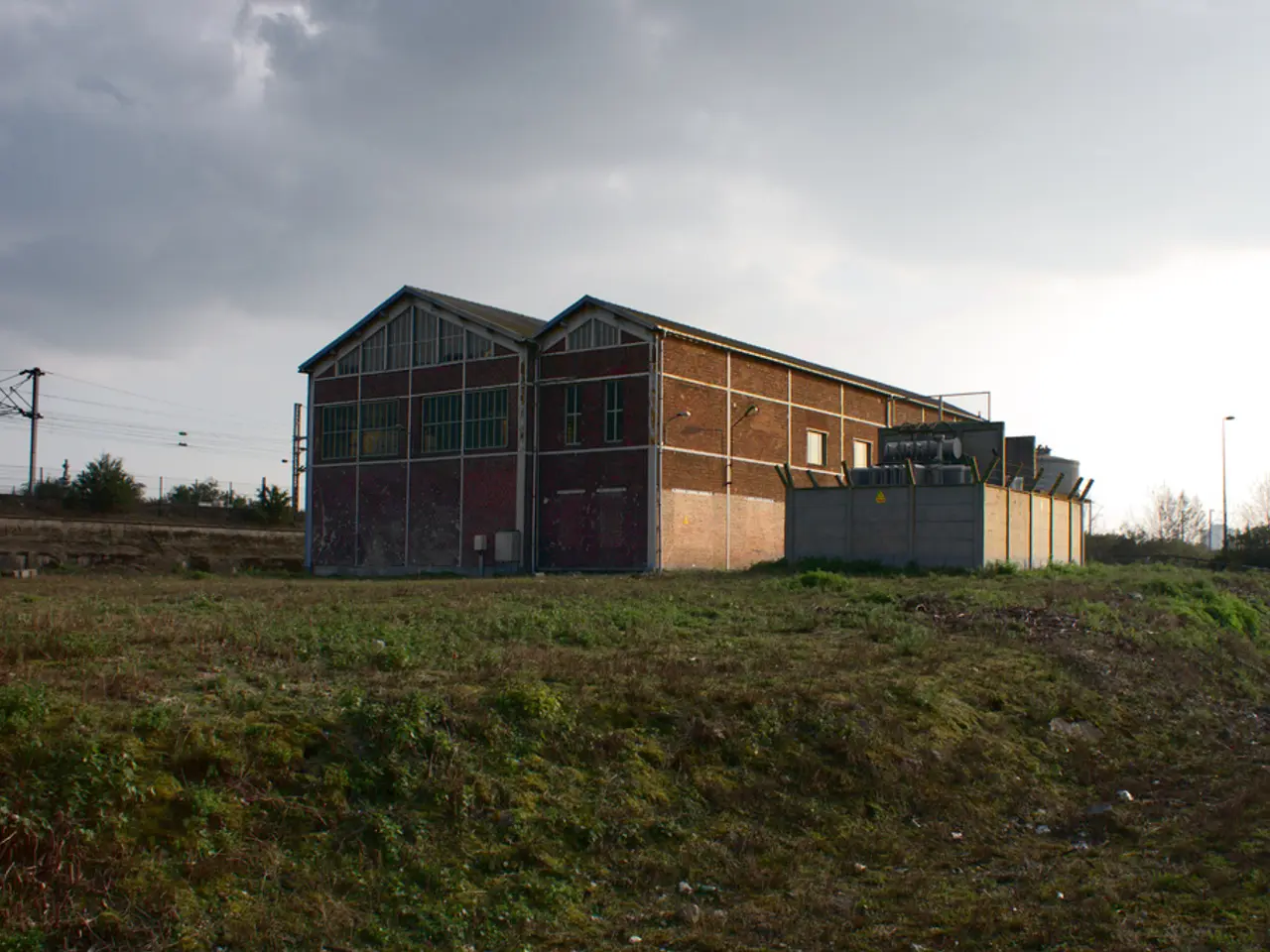Northeast US Balances Energy Transitions, Grid Reliability, and Climate Change
The Northeast region of the United States is grappling with a mix of energy transitions, regulatory decisions, and infrastructure challenges. From Maine to Connecticut, states are navigating the complexities of moving away from fossil fuels while maintaining grid reliability and addressing climate change impacts.
Maine is exploring ways to reduce its reliance on natural gas, despite the fuel's current dominance in power generation. Meanwhile, a cryptocurrency miner in New York's Finger Lakes region demonstrated the flexibility of the grid by redirecting its gas-fired power to the grid during a cold snap.
In Maryland, utility regulators have decided against public disclosure of an internal investigation into a bribery scandal at FirstEnergy. This decision has drawn criticism from activists, who argue for greater transparency.
Activists in Massachusetts have long opposed the Weymouth natural gas compressor station, citing climate and community concerns. Now, federal regulators are re-evaluating their approval of the project.
Philadelphia's gasoline prices have reached record highs, partially due to elevated nationwide crude oil prices. Meanwhile, Northeastern states are set to receive significant federal investments to repair their aging bridges.
Massachusetts Gov. Charlie Baker has assembled a commission on clean heat, including energy experts and utility representatives, to explore heating options beyond natural gas. This comes as Rhode Island pauses plans for its first battery storage project due to environmental and community concerns.
In infrastructure news, a plan to expand an airport in New Haven, Connecticut, highlights the challenges of developing projects in areas vulnerable to increased flooding due to climate change.
From Maine's wind farms to Connecticut's airport expansion, the Northeast is grappling with energy transitions, regulatory decisions, and climate change impacts. As states receive federal investments, they must balance the need for reliable energy with the imperative to reduce greenhouse gas emissions and adapt to a changing climate.








